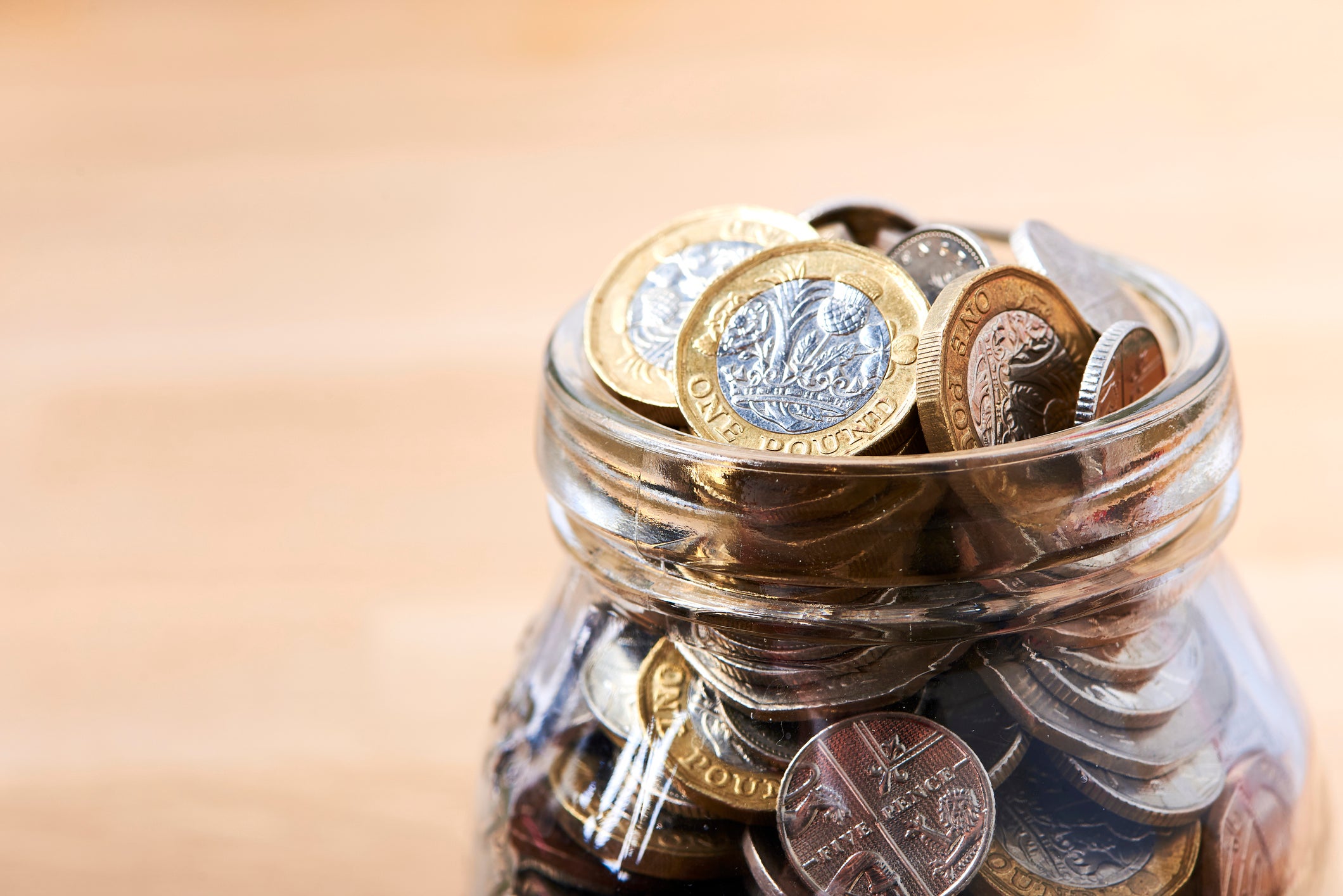The power of taking action: How to stop worrying about money and start saving
When it comes to money, knowing isn’t doing. Taking action helps us move forward and get stuff done – and there’s plenty you can do in small bites, writes money coach Talia Loderick


Knowing isn’t doing. It’s a phrase that’s been rolling around in my head lately.
Because being ‘good’ with money isn’t just about learning the practical stuff. Most of my coaching clients have consumed books, blogs, podcasts and YouTube videos about money and found it easy to take in the information, but harder to take action.
I’m a money coach – it’s a bit like a personal trainer for your financial fitness.
I help people understand and take control of their behaviour with money, so they can stop stressing about money and have enough to live well – now and in future. I do this by helping people explore their emotions and beliefs about money that drive their behaviour with money. Because it helps to understand why you do what you do with money.
But importantly, I help my clients take action: to figure out the money behaviour they’d like to change, how they’d like to change it, and put it to the test. They can then keep what works and learn from what doesn’t.
Taking action leads to clarity, control and confidence with money. While fictional detective Hercule Poirot famously used his “little grey cells” to ponder and solve mysteries, we need to take a more active approach to getting on top of our finances.
Knowing versus doing
In my experience, it’s common for people to spend more time thinking about their finances than actually doing or working on their them.
The result? Nothing changes. And people live with a constant level of stress because money is always nagging at the back of their mind.
For change to happen, we need to make time to take action. Literally. Schedule time in your diary to:
- Get clear on what you want to achieve and why.
- Take action and do the damn thing. Or things. Because there’s often more than one step involved.
Taking action doesn’t have to be arduous. You can absolutely get started in five or ten minutes. But it may take a series of five- or ten-minute steps to get it done.
One of my clients, aged 52, an HR professional in London and mother-of-one, decided to take action one morning a week. She says: “I look forward to my ‘Finance Fridays,’ where I put time aside to review, consider and take steps towards better financial health.”
Taking action
Most of us know the basics of good money management – spend less than we earn, pay down debt, save for the future – but this can be easier said than done.
Take the popular financial goal of saving, for example.

The nation’s biggest savings goals are to build a rainy-day fund to cover unexpected costs, followed by saving for holidays and later life.
However, around 14 million people in the UK have less than £100 in savings, according to research by the Building Societies Association.
This lack of financial resilience causes non-savers worry, anxiety, shame and guilt.
Here’s an action-orientated approach to saving: Pay yourself first and start small.
Pay yourself first
Does this sound familiar: You get paid. What do you do? You pay your mortgage or rent, household bills, maybe some fun stuff, then savings… oh wait, there’s no money left over for savings.
Paying yourself first is a money-saving technique where, when you get paid, you set aside money for savings first and everything else comes out after.
You’ve probably heard that having savings put aside to cover your monthly outgoings for three months is a good safety net. And it is. But you get there a pound at a time.
Start small
People have said to me they feel there’s no point saving a little so they’ll wait until they can save a lot.
However, to be a saver you simply have to save. Better to start small than not at all.

Saving £5 a week adds up to £260 in a year. It may seem paltry to some but having savings of even £100 or less leads to feelings of optimism, pride and a sense of achievement, according to research by the Building Societies Association.
So start small and repeat the action. That’s a good way to make habits stick. And when you can save more, save more.
Build confidence
Confidence is defined as “being certain of your abilities or of having trust in people, plans, or the future”.
Setting and achieving goals big and small helps build self-confidence – that sense of ‘I can do this because I’ve done it’.
To this end, track your wins. You might like to write them down in a journal or ‘brag book’ to remind yourself of how far you’ve come.
If you want to go further, find yourself an accountability partner.
The power of accountability
An accountability partner is someone you can talk through your financial goals with and who will hold you accountable for taking action.
This could be your partner, a friend or family member – an acquaintance or colleague, for example.
With competing demands on our time, it’s easy to let your financial goals fall by the wayside. Having someone to hold you accountable for doing what you said you would do can help keep you on track.
When investing, your capital is at risk and you may get back less than invested. Past performance doesn’t guarantee future results.
Join our commenting forum
Join thought-provoking conversations, follow other Independent readers and see their replies
Comments


Bookmark popover
Removed from bookmarks